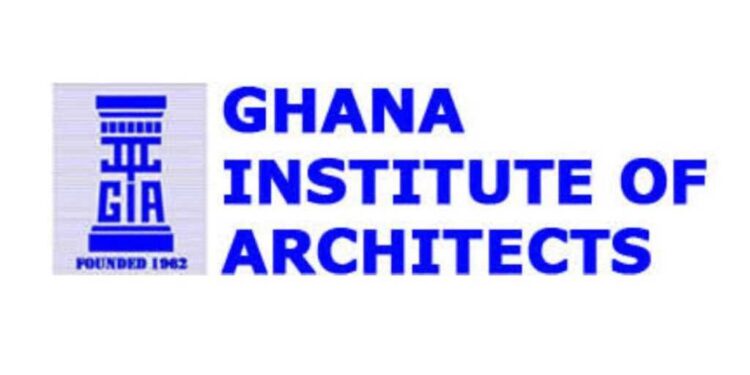There is seeming disagreement amongst members of the Ghana Institute of Architects as the current Executive Council have indicated to membership that they intend to extend their two-year mandate for a further 8 months.
At a recently held Ordinary General Meeting (OGM) on Thursday, 4th April, 2024, the Executive Council presented the calendar of activities for the year where the President Foster Osae-Akonnor indicated that this year’s Annual General Meeting (AGM) will be held in November, 2024 and handing over of office in January 2025.
This drew a sharp rebuttal from the President- in -waiting, Tony Asare who disagreed with him seeking for the constitution to be read in the meeting.
Also dissenting to the move by the President and his council was the Registrar of the Architects Registration Council, Emmanuel Eyiah-Botwe who disagreed with the decision of the Executive Council and asked that such decision cannot be taken solely by the Executives.
According to Section 14.06 of GIA regulations and Bye laws, the term of office shall be for 2 years and the intention by the Council to extend their term is clearly unlawful.
It must be noted that the current executives were elected at the Institute’s May 2022 AGM are expected to handover in May 2024.
Citing reasons for this extension, Mr. Osae Akonnor indicated that the current Council wanted to align their tenure to the commencement of the financial year. He also indicated at the meeting that the previous regime led by SM Quartey and Augustus Richarson did not present any handing over notes to him after leaving office and has made his work very difficult.
This drew sharp criticisms from some members who described such conduct of the outgoing executives as very unprofessional.
The executives after submission of the calendar also failed to submit a budget for the year’s activities. When probed by a member, the Hon. Secretary Fiifi Sam Awotwi retorted that this request could not be granted by Council since they were in charge of the funds of the Institute and hence such disclosure unnecessary.
According to some members, this position of the Executive Council raises serious corruption and accountability issues in the management of the Ghana Institute of Architects and it is expected that as a professional body, they will act better in line with good governance










Discussion about this post